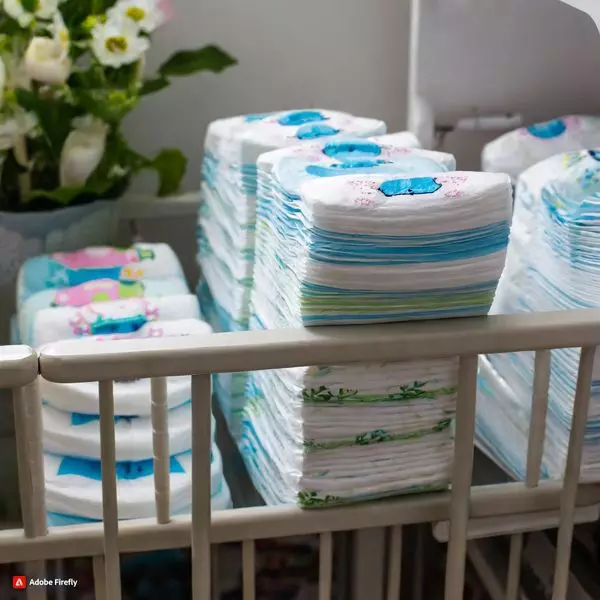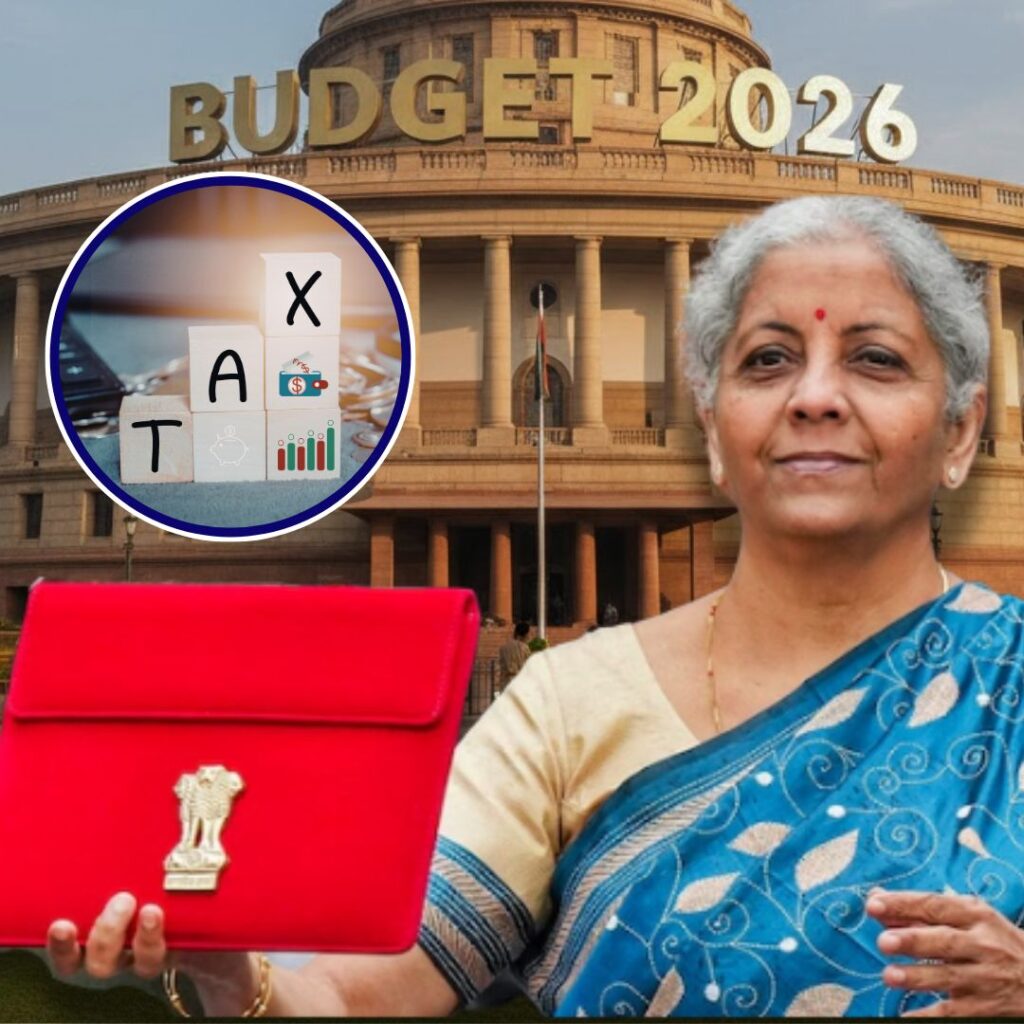The study, conducted by experts from KIT’s Institute of Biological and Chemical Systems, Institute for Biological Interfaces, and Institute for Chemical Technology and Polymer Chemistry, discovered a novel approach utilizing UV light to break down crosslinked sodium polyacrylate polymers, enabling their conversion into new adhesives and dyes.
Traditionally, strong acids were required to recycle these water-insoluble polymers, making the process complex and costly. With the new method, exposure to UV light causes the chains linking the polymers to break, transforming the solid material into liquid form within minutes, which can then be repurposed into various products.
Professor Pavel Levkin from the Institute of Biological and Chemical Systems explained, “The chains that link the polymers are broken by the light. Then, they are so loose that they swim in water and turn into liquid fibres.” The researchers conducted experiments using conventional diapers, demonstrating the efficacy of the UV light method, which is significantly faster than using acids, approximately 200 times more efficient, according to Levkin.
Furthermore, the team emphasized the potential for the scalability of this process, suggesting the possibility of applying it to used diapers as well. By utilizing solar power, the researchers proposed the optimization of the recycling process to reduce environmental pollution and promote a more sustainable use of polymers.
This pioneering approach in recycling super absorbers presents a significant step towards mitigating the environmental impact caused by the disposal of these materials, indicating a promising strategy for a more sustainable and eco-friendly approach to waste management.












